2017 ANS Congressional Fellow - Be a Nuclear Policy Game-Changer
I applied to be the Glenn T. Seaborg American Nuclear Society Congressional Fellow because of the opportunity to learn first-hand how policy decisions that affect the nuclear science, technology, and energy communities are made. For more than any other industry, decisions made in Washington, D.C. have an enormous effect on the future path of all things nuclear. The ANS Congressional Fellow offers the opportunity to spend a year working directly on these important policy decisions while learning an entirely new skill set. The different pace of work and flow of communication allows the ANS Fellow to learn new verbal and written communication skills and to sharpen his or her strategic mindset.

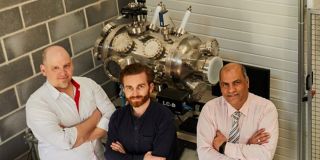
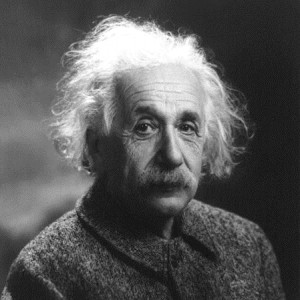 His name has become synonymous with genius; his playful, quirky persona and shaggy image the basis for the pop culture phenomenon of the absent-minded professor, and his incandescent brilliance forever changed the world and marked him Time magazine's "
His name has become synonymous with genius; his playful, quirky persona and shaggy image the basis for the pop culture phenomenon of the absent-minded professor, and his incandescent brilliance forever changed the world and marked him Time magazine's "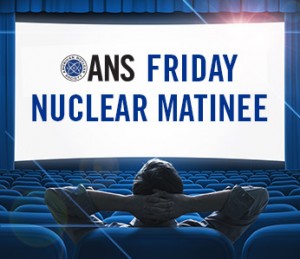
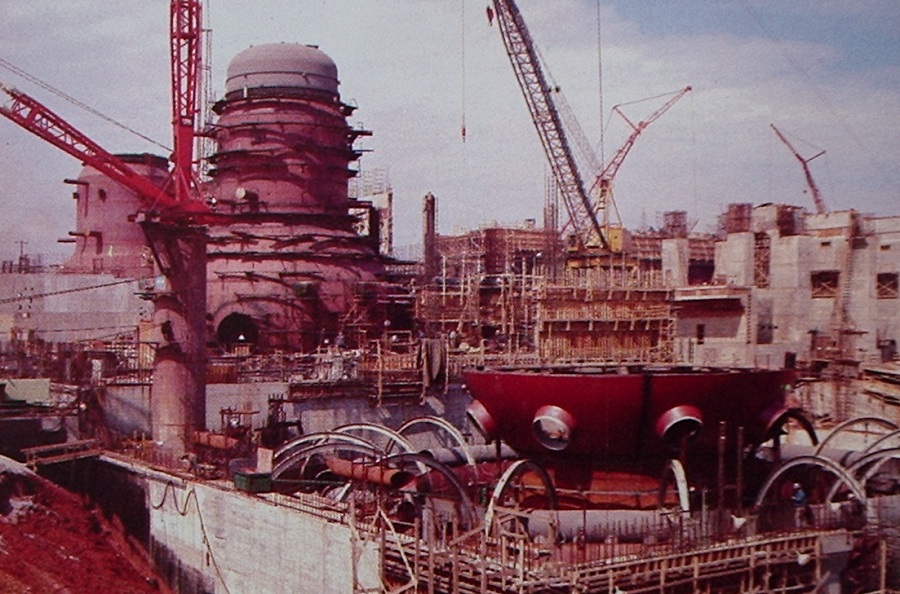
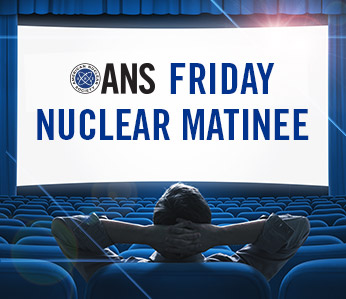
 The 298th edition of the Nuclear Energy Blog Carnival has posted at
The 298th edition of the Nuclear Energy Blog Carnival has posted at